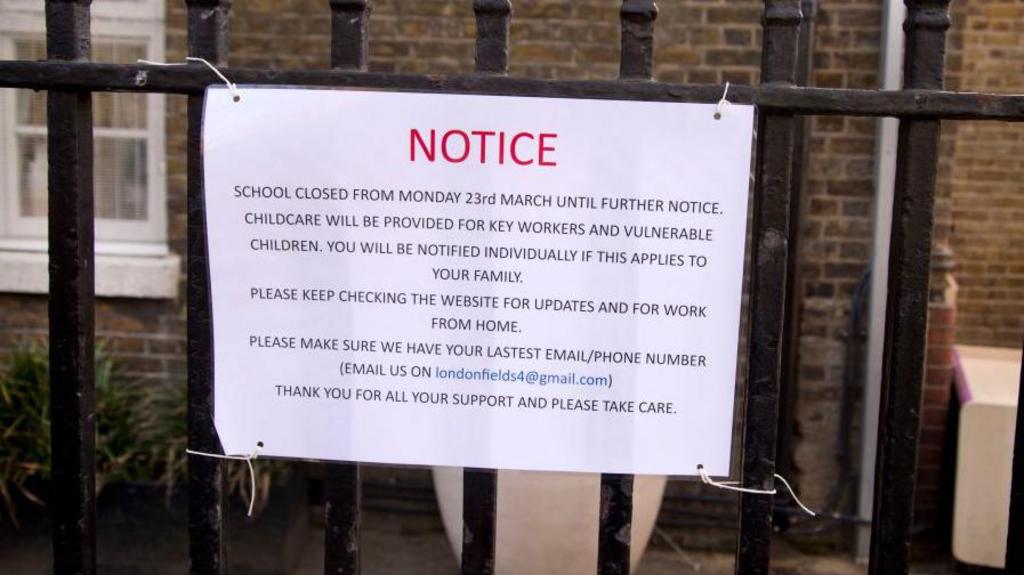LONDON — Former Prime Minister Boris Johnson appeared before the UK’s Covid inquiry for the final time on Monday, delivering nearly three hours of testimony focused on the pandemic’s impact on children and young people. The session shed light on government decision-making, school closures, and recovery plans amid the health crisis.
Johnson acknowledged that the government should have begun planning earlier for the “nightmare idea” of closing schools. While insisting that work had been underway, he admitted the government’s preparations were insufficient, and that the abrupt decisions caused tension across departments.
During the hearing, Johnson defended the March 2020 school closures as necessary to control the spread of Covid-19. “The predictions had I not acted were really grim,” he told the inquiry. However, he also accepted that the consequences for children were “awful,” noting that decisions were often made at the last minute without full coordination, leaving teachers and parents scrambling to adapt.
The inquiry revisited the controversial A-level results of 2020. Johnson acknowledged that the algorithmic determination of grades “plainly let down a lot of kids” and described the move as “a disaster,” despite earlier insisting that scrapping exams in summer 2020 was unavoidable. A post-fiasco message suggested potential sackings at the Department for Education, though in the end, a senior civil servant bore the brunt of accountability.
Johnson also addressed the reopening of schools in January 2021, which lasted only a day before a new lockdown was enforced due to the emergence of the Alpha variant. He supported mass testing initiatives and apologized to schools that reopened only to be closed again, saying the decision, though painful, was driven by public health concerns.
When asked about prioritizing the economy over children, particularly with schemes like “Eat Out to Help Out,” Johnson said that while the economy was struggling, risk budgeting meant that other areas of society needed to face some restrictions. He acknowledged that, in retrospect, some policies could have been reconsidered.
The former prime minister also discussed the complexity of lockdown rules, admitting that some regulations “probably went too far” and were overly elaborate, particularly for children. He suggested that in future emergencies, exemptions for children should be considered to avoid the unintended social and educational consequences seen during the pandemic.
Long Covid in children was another key topic. Johnson expressed sympathy for young sufferers but stated he did not recall being formally advised about paediatric long Covid in the summer of 2021. He accepted that the government could have done more to share information with parents and protect vulnerable children.
Much of the discussion also focused on the government’s pandemic recovery plans. Johnson explained his decision to invest in targeted one-to-one tutoring rather than a broader recovery package proposed by Sir Kevan Collins, citing the need to deliver value for taxpayers while providing the most practical support. Collins eventually resigned in June 2021 over lack of funding, despite advocating for a comprehensive plan combining academic support with enrichment activities such as sports and music.
The inquiry highlighted the severe impact of school closures on children’s mental health and development. Parents and students described distress, depression, and long-term setbacks in learning and extracurricular activities. Johnson acknowledged these consequences, noting visits to schools where many children had been deeply affected.
The session concluded with questions about the potential need for a dedicated children’s minister. Johnson said he was “not hostile” to the idea but emphasized that responsibilities for children currently span multiple departments, including the Home Office, and creating new roles would require careful consideration.
Outside the inquiry, campaigners and families affected by the pandemic gathered, expressing frustration and calling for accountability. Chants of “shame on you” and emotional reactions highlighted the lasting impact of the government’s decisions on children and young people.
As the eighth module of the Covid inquiry wraps up, Johnson’s testimony provides a final look at the challenges and controversies surrounding school closures, government planning, and children’s welfare during the pandemic. It also underscores the difficult balance policymakers faced between public health, economic pressures, and the well-being of the nation’s youngest citizens.

